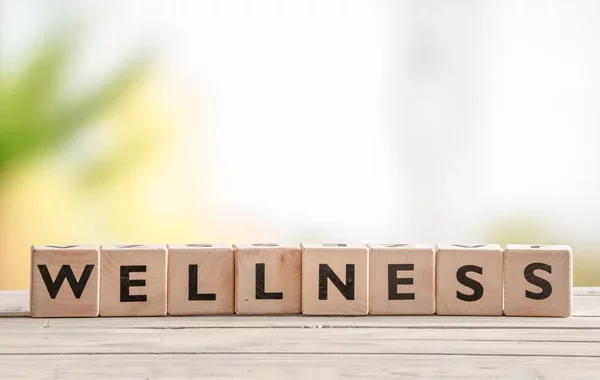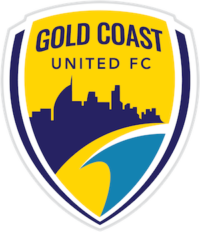
Parenting on a Roller Coaster Ride

Parenting a young person through the teenage years also known as adolescence (12-19 years) can be like taking a wild roller coaster ride- full of highs and lows. The Teenage years is a time of extraordinary change both physically and emotionally. Physical changes occur more rapidly in adolescence than at any other time in life except the early growth spurt of infancy.
Emotional changes are unpredictable and complex at this time leaving many teenagers (and their parents) confused and uncertain about themselves and life in general.

- Recent research has found that adult and teen brains work differently. Adults think with the prefrontal cortex, the brain’s rational part. This is the part of the brain that responds to situations with good judgment and an awareness of long-term consequences. Teens process information with the amygdala. This is the emotional part.
- The rational part of a teen’s brain isn’t fully developed and won’t be until age 25 or so.
- In teens’ brains, the connections between the emotional part of the brain and the decision-making centre are still developing—and not always at the same rate. That’s why when teens have overwhelming emotional input, they can’t explain later what they were thinking. They weren’t thinking as much as they were feeling.
The key message from research and experience is that the teenage brain works differently than an adult’s brain and is under construction.
On their journey through the teenage years your son/daughter will navigate challenges in each of 3 stages of adolescence -Early-Middle and Late adolescence. While some young people pass through the stages or phases with relative ease others struggle and need support with some or all of the phases.

Key features and parenting tips for the 3 stages of adolescence:
Early Adolescence
- Early Stage/Phase
* Rapid change in the body of the teenager.
- Key goal is to be like everyone else.
Parenting Tip: Be patient and diplomatic.
- Middle Stage/PhaseEarly Stage/Phase
* Main goal is to form own identity.
- Peer group of utmost importance. Rejection of authority figures.
Parenting Tip: Keep communication channels open.
- Late Stage/Phase
- Main goal is to establish identity and place in the world.
- Parenting Tip: Be there for them. Support their ambitions and plans.
- Parenting style is key to effective parenting. Your parenting effectiveness will be greatly enhanced if you are able to pivot and use different parenting styles as required to safeguard your son’s/daughter’s wellbeing in different situations.
Parenting Styles

- The Boot Camp Commander style of parenting commands and directs the life of the young person. This control approach is not preferred as it is manipulative and does not promote individuality with personal responsibility.

- The Rescue Helicopter style of parenting typically hovers over their son/daughter, taking on the responsibility of the young person to protect them from any negative feelings. This approach is not preferred as it does not let the young person experience real life or promote personal responsibility.

